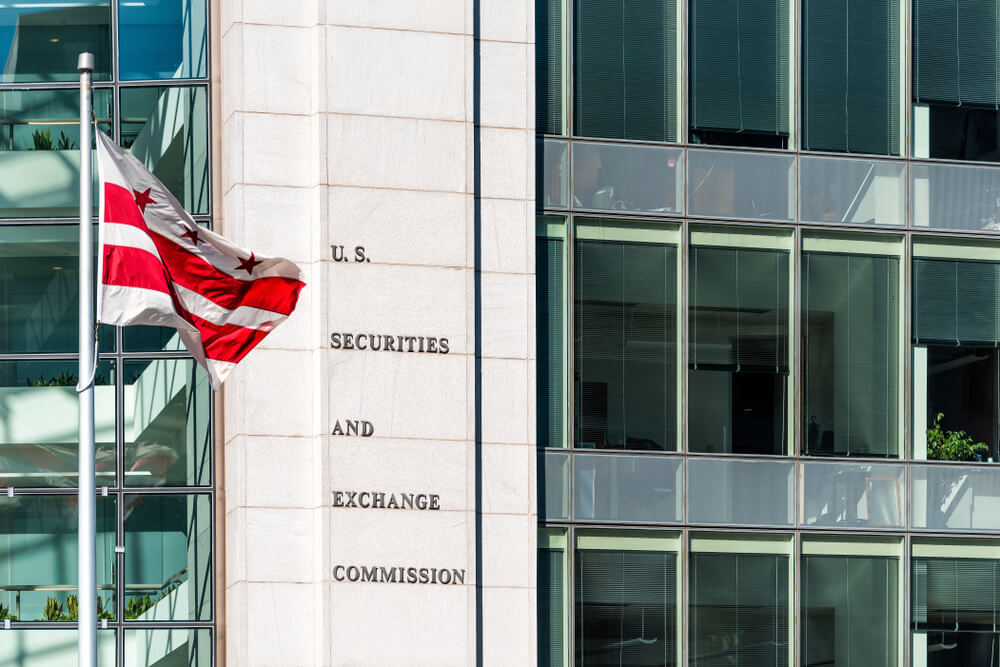ImpactAlpha, Nov. 2 – It’s final – at least until it’s reversed.
The U.S. Department of Labor finalized an unpopular rule aimed at limiting environmental, social and governance, or ESG, investing in retirement accounts. The late Friday move by the agency, just four days before the U.S. presidential election, would likely be rolled back if former Vice President Joe Biden is elected.
Ceres’ Mindy Lubber said the decision “is unwelcome by pension funds and other fiduciaries and runs counter to global market trends and the mainstream U.S. and global practice of integrating ESG factors into investment decisions.”
It will “impair the ability of pension funds to consider the short and long-term financial risks posed by extreme weather, water shortages and human rights abuses in performing their investment analysis and allocations,” she added.
U.S. Department of Labor: Green Light for ‘Economically Targeted’ Impact Investments
The Financial Factors in Selecting Plan Investments rule requires retirement plan sponsors to select investment options solely based on financial considerations. It drew more than 8,700 comments in a shortened 30-day comment period after it was proposed in late June, with more than 95% opposing it. That includes all but one of 86 asset managers who submitted comments.
Globally, some $40 trillion in assets are managed using some kind of ESG focus, and investors have continued to pour money into such funds in 2020. Contrary to what the D.O.L. suggests, ESG funds have also tended to outperform the broader market.
Sustainable investments are growing, and outperforming, in a volatile market
The final rule does not ban ESG funds outright, leaving some leeway for their inclusion. But the compliance questions and burdens will likely “make it harder for investors to access strategies that consider long-term sustainability,” Morningstar’s Aron Szapiro, told Think Advisor. The risk, he said, is “that 401(k) investors will be left behind.”
Barring a Trump defeat, the rule will be effective 60 days after publication in the Federal Register. Retirement plans have until April 30, 2022 to make any changes.
The Trump administration has also pressed the Securities and Exchange Commission to limit the use of shareholder resolutions, which investors have used for years to push corporations for better disclosure on ESG-related issues. The commission finalized the rule in July.
The SEC’s job is protect investors. Its proposal to weaken shareholder rights does the opposite.











